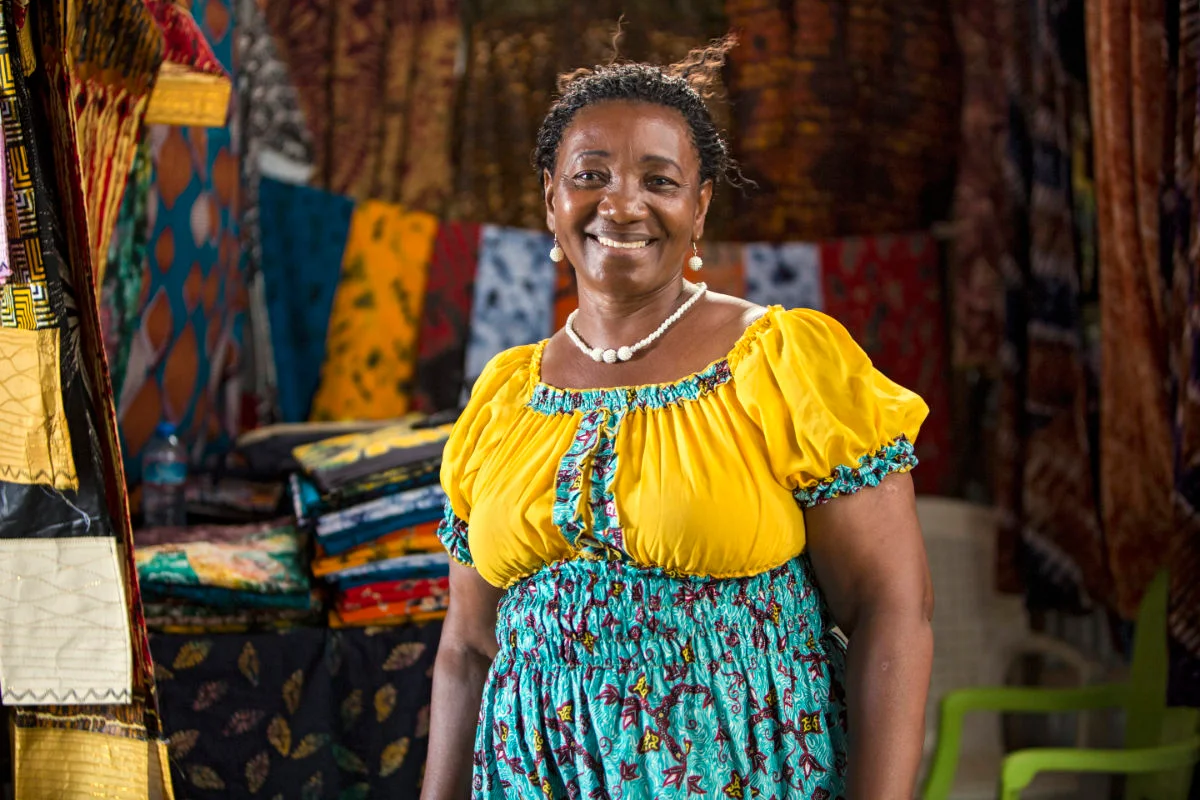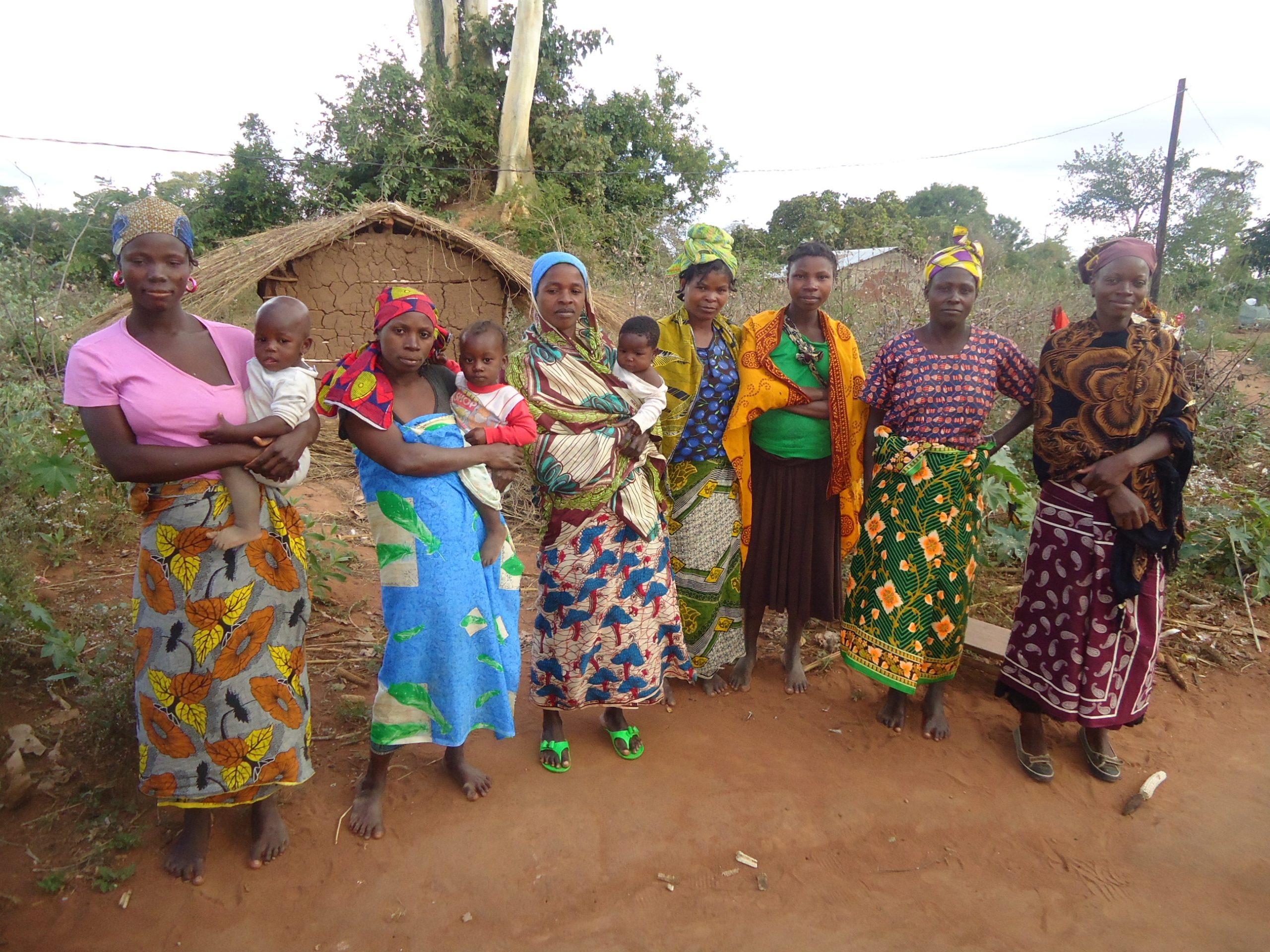
In many communities across the globe, women continue to face systemic barriers to economic independence and self-reliance. From limited access to education to societal expectations that restrict their career choices, the journey to empowerment can be daunting. However, organizations like the Foundation for Health and Education Development (FHED) are making significant strides in bridging these gaps through vocational training and entrepreneurship programs. These initiatives not only uplift women but also catalyze sustainable economic growth for entire communities.
The Need for Vocational Training
Vocational training equips individuals with practical skills tailored to specific trades or professions. For women in underserved communities, these programs serve as a lifeline, offering an alternative to traditional education paths that may be inaccessible due to financial or cultural constraints.
Skills such as tailoring, baking, carpentry, and digital literacy are often included in vocational training programs. These skills not only prepare women for the workforce but also open doors to entrepreneurship, enabling them to become self-reliant and financially independent. According to a World Bank report, women’s participation in the workforce increases family income and contributes to poverty alleviation—highlighting the importance of such training.
FHED’s Vocational Training Programs
At FHED, vocational training is tailored to address the unique challenges faced by women in rural and underserved areas. The programs focus on:
- Skill Development: Providing hands-on training in high-demand fields like agriculture, tailoring, and small-scale manufacturing.
- Business Fundamentals: Teaching essential entrepreneurial skills such as bookkeeping, marketing, and business planning.
- Mentorship: Pairing participants with experienced mentors to guide them through the transition from training to entrepreneurship.
These programs emphasize inclusivity, ensuring that even women with minimal formal education can participate and benefit.
The Impact of Entrepreneurship
Entrepreneurship allows women to create their own opportunities rather than rely on external employment. By launching small businesses, women can:
- Achieve Financial Independence: Owning a business provides a steady income stream, reducing reliance on spouses or family members.
- Create Jobs: Women entrepreneurs often employ other women, creating a ripple effect of economic empowerment.
- Build Confidence: Running a business fosters self-confidence and a sense of achievement, enabling women to take on leadership roles in their communities.
FHED’s entrepreneurship programs go beyond just skill-building; they provide access to microloans and networking opportunities, ensuring that participants have the resources needed to succeed.
Success Stories
One inspiring example is Amina, a graduate of FHED’s vocational training program. Amina learned tailoring and quickly turned her newfound skills into a thriving business. Today, she employs five other women in her community, producing school uniforms and traditional attire. Amina’s success has not only improved her family’s financial situation but also inspired other women to pursue vocational training.
Breaking Barriers through Reproductive Health Education
FHED’s programs also integrate reproductive health education, addressing a critical aspect of women’s empowerment. By providing knowledge about family planning and reproductive rights, women gain greater control over their lives, enabling them to focus on personal and professional growth.
A Path Toward Sustainable Development
Empowering women through vocational training and entrepreneurship is not just about individual success; it’s about fostering sustainable development. Economically empowered women invest in their children’s education and health, creating a cycle of prosperity that benefits entire communities.
Vocational training and entrepreneurship are powerful tools for breaking the cycle of poverty and gender inequality. By investing in women, FHED is creating a ripple effect that transforms families, communities, and nations. Every skill learned and business launched is a step closer to a more equitable and prosperous world. The path to empowerment begins with opportunity, and through its programs, FHED is ensuring that women everywhere have the chance to thrive.


